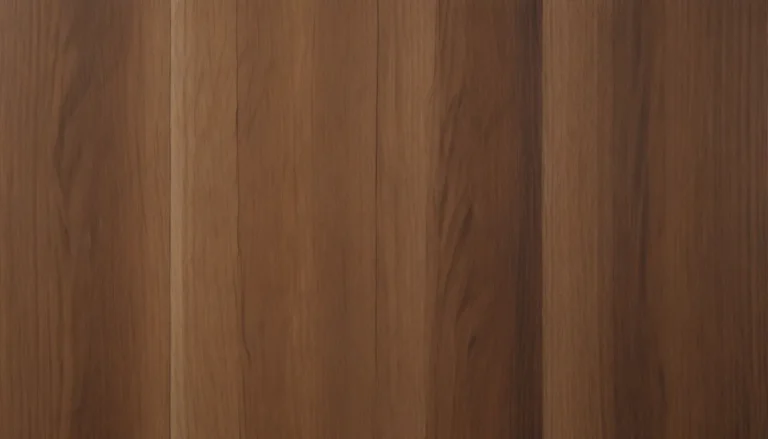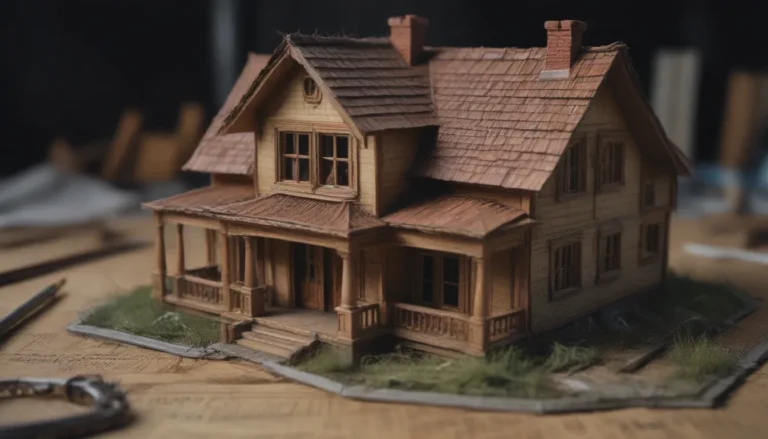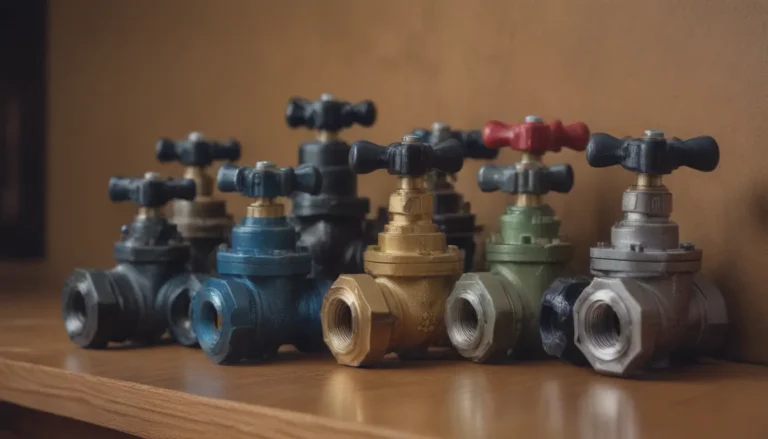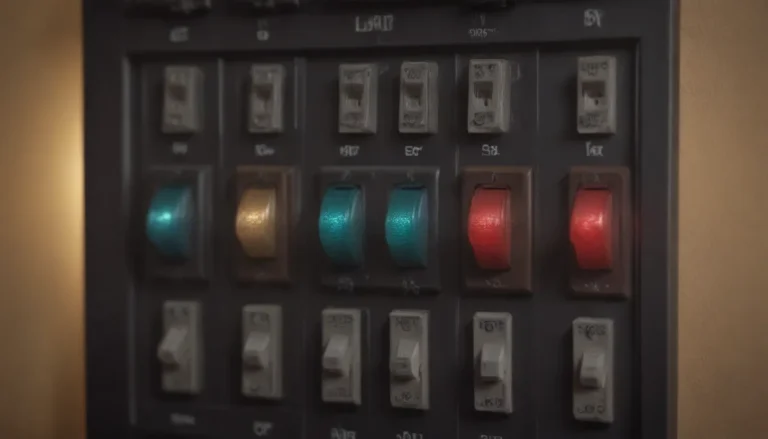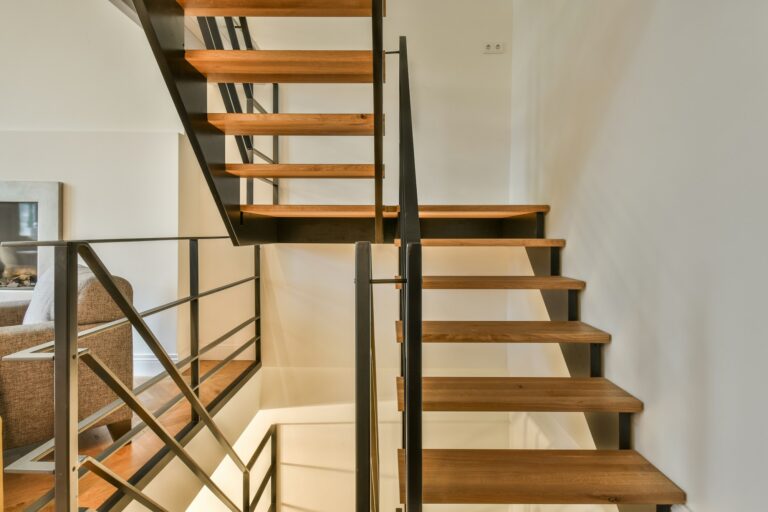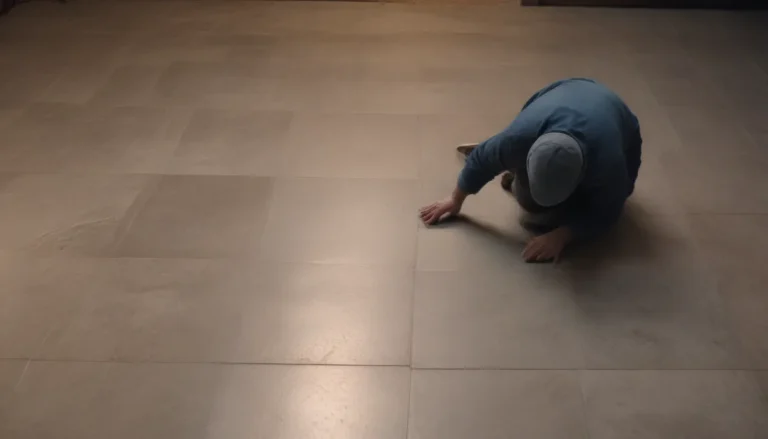The Ultimate Guide to Concrete Pavers: Everything You Need to Know
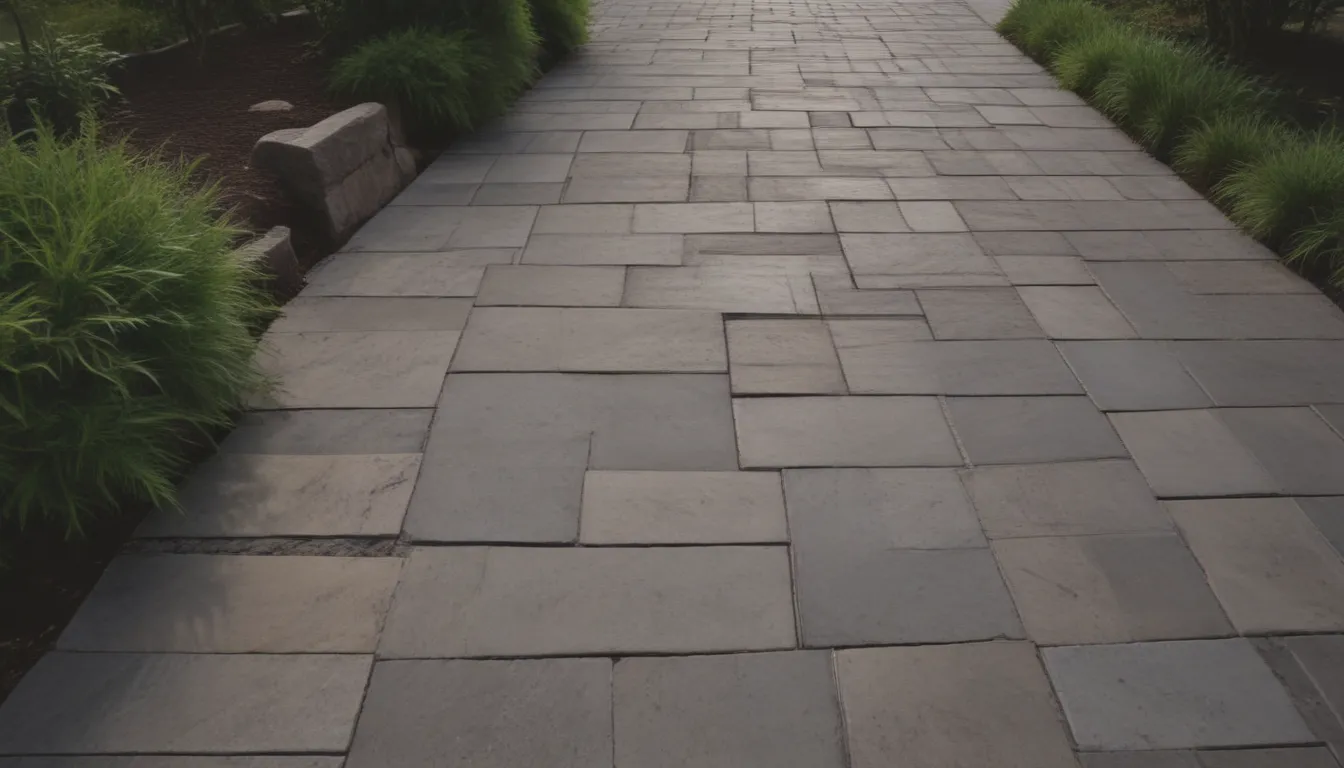
Are you considering using concrete pavers for your next outdoor project? If so, you’ve come to the right place! Concrete pavers are a versatile and durable building material that can be used for driveways, walkways, patios, and more. In this comprehensive guide, we’ll walk you through everything you need to know about concrete pavers – from their pros and cons to installation and maintenance tips.
What are Concrete Pavers?
First things first, let’s talk about what concrete pavers are. While they are often referred to as “cement pavers,” it’s essential to note that cement is just one of the primary ingredients in concrete. Concrete also contains sand, aggregate, water, and various additives for color and performance. Concrete pavers are made with a dry concrete mix that is poured into molds of various shapes and sizes, compressed, and allowed to cure. The end result is a strong, durable product that can withstand high pressure and carry a lifetime warranty for integrity.
Pros and Cons of Concrete Pavers
Let’s take a closer look at the pros and cons of using concrete pavers for your outdoor projects:
Pros:
- Durable and long-lasting
- Can withstand high pressure
- Available in a variety of colors, shapes, and sizes
- Easy to repair and replace if necessary
- Can be installed in a DIY project to save on labor costs
Cons:
- Professional installation can be costly
- May require occasional maintenance and sealing
- Limited visual appeal compared to natural stone pavers
The Cost of Concrete Pavers
The cost of a concrete paver project can vary significantly, with most of the expense coming from professional installation. While the pavers themselves may cost $3 to $10 per square foot, a professionally installed job can run as high as $30 to $40 per square foot. However, if you’re willing to put in the work yourself, you can save money on labor costs and enjoy substantial savings.
Maintenance and Repair
One of the great things about concrete pavers is that they require very little routine maintenance. An occasional sweep or rinse with a hose is usually all that’s needed to keep them clean. Stains can be removed with a concrete cleaner, and weeds can be easily removed when they appear. If the pavers start to degrade over time, a regular application of sealer can help protect them. And if any damage occurs, it’s easy to remove and replace the affected pavers.
Design Options
While natural stone pavers are often considered the premium option, concrete pavers are a close second. They come in a variety of colors, shapes, and sizes, making them a versatile choice for almost any home design. While they may not have the same visual appeal as natural stone, concrete pavers are durable and can complement a wide range of styles.
Installation Process
Installing concrete pavers is a labor-intensive project, but it’s well within the abilities of most DIYers. The process involves removing existing paving or excavating the area, laying down a gravel base, compacting sand, installing edging, and placing the pavers. Patterns like staggered brick-wall or herringbone layouts can create a stronger surface. Once the pavers are in place, compaction and sand filling help create a rigid structure.
Top Brands of Concrete Pavers
Concrete pavers are generally sold by local concrete companies rather than national brands due to their heavy weight. To find sources, check online for local concrete fabricators and landscape supply outlets in your area.
Concrete Pavers vs. Poured Concrete
Concrete pavers offer several advantages over poured concrete, including more design options, better traction when wet, and easier repair and replacement. While poured concrete may have a shorter lifespan, concrete pavers can last 25 to 50 years with proper maintenance.
Conclusion
In conclusion, concrete pavers are an excellent choice for outdoor projects if you’re looking for a durable, versatile, and cost-effective material. Whether you’re a seasoned DIYer or hiring a professional installer, concrete pavers offer a wide range of benefits that make them a popular choice for driveways, walkways, and patios. With proper maintenance and care, concrete pavers can add beauty and functionality to your outdoor space for years to come.
So, are concrete pavers right for you? If you want a material that is both elegant and durable, without the high cost of natural stone, concrete pavers might be the perfect solution for your next outdoor project.
